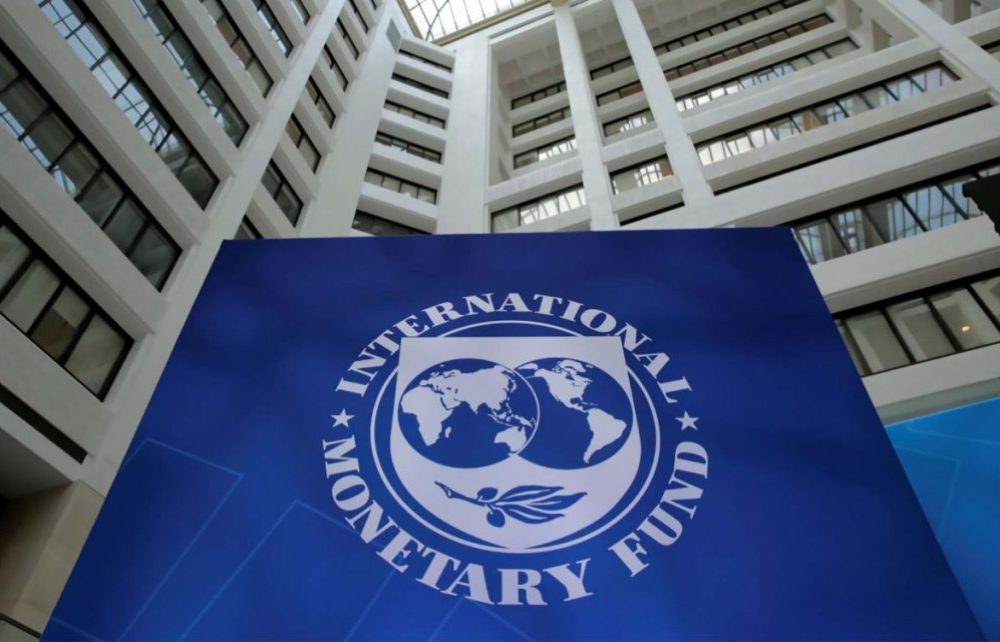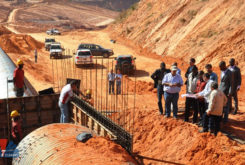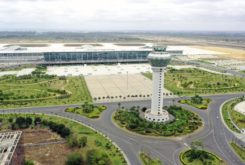Angola´s debt restructuring with Chinese creditors was one of the key factors putting off pressures on the country´s external balance, according to analysts at Angolan bank BFA.
In an analysis of the International Monetary Fund´ most recent report on the support program for the Angolan economy, BFA says the Fund is, for now, satisfied with the level of existing international reserves, but intends to see a recovery in the near future.
“Angola’s external balance deteriorated significantly in 2020, with a huge decline in exports bringing the current account into a small deficit, in the IMF’s perspective, and the financial account maintaining a significant deficit. The deterioration was nevertheless quite contained compared to what it could have been”, BFA says.
This, it adds, was “due to two main factors, among others: the debt restructuring with Chinese creditors, which allowed fewer outflows in the financial account, and the very significant depreciation of the Kwanza, which led to a huge drop in imports, also allowing less outflows in the current account”.
Now, the IMF “expects reserves to rise again in 2021, reflecting a positive balance of payments as a whole, with relative stability over the next two years”, BFA adds.
BFA agrees with the Fund´s view “that there are already some initial signs of price-driven import substitution”.
But, it adds, “it will be necessary to monitor whether these small increases are consolidated in the coming years, allowing for greater economic sustainability for the country”.
“External equilibrium in the coming years seems to be possible, mainly due to the very demanding correction that occurred in the import of goods and services in the recent past, due to the depreciation”, the BFA analysis adds.
On the 12th of January, the IMF approved the 4th Review under the Extended Fund Facility (EFF) Arrangement for Angola, thus freeing an additional USD 49o million, praising the authorities’ commitment by employing responsible policies under the programme, being particularly positive on the Government’s fiscal stance.
Although structural targets were left unmet, mostly were postponed to the 1st semester of this year, including two new structural goals. The rest of the performance criteria were broadly met.
The growth outlook for 2021 has been subdued, with the Fund now expecting 0.4% GDP growth this year, up from 3.2% from the last review).
The IMF is also assuming Brent prices not to exceed USD 50 until 2023, in rather conservative forecast, and in a similar tone to the Angola Executive.
According to BFA, the IMF “continues to support the Executive’s reform agenda, and it is obvious that some extraordinary margin has been given when it comes to meeting structural targets, taking into account the impact of the pandemic”.
“The hope for a return to economic growth remains, this time supported by a scenario of oil price recovery (from a very low point in 2020). On the non-oil economy side, there is hope that the reforms already made (which will enable a significant improvement in the business environment) bring new growth, in different sectors, such as mining and agriculture”, BFA adds.




